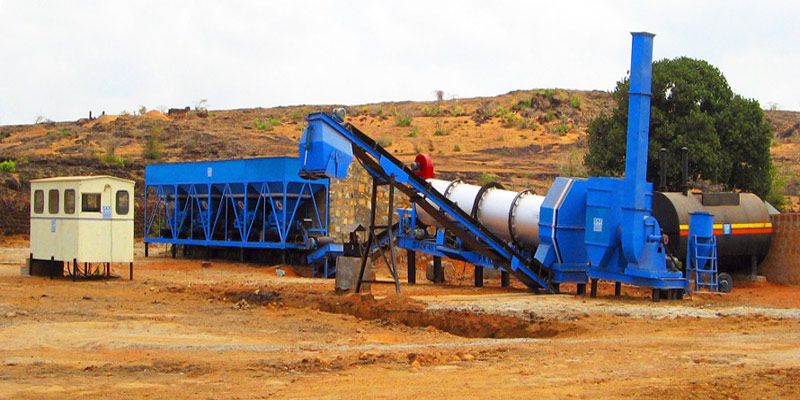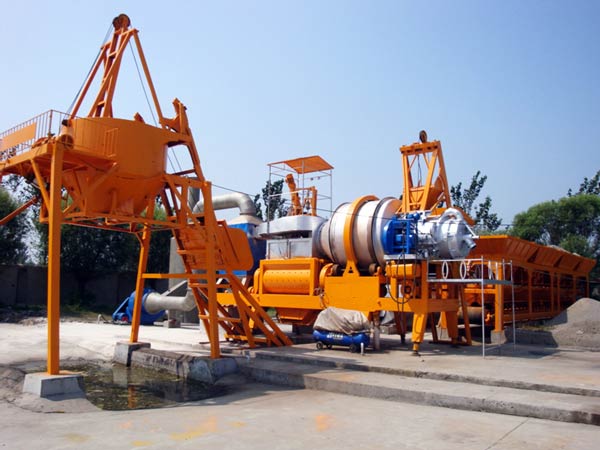For any company that is using asphalt in its daily operations (or plans to sell it to third parties), it simply makes sense to evaluate the purchase of an asphalt plant. Buying so-called ‘hot mix’ from a supplier is a costly business and the logistics of ensuring timeous and logistically sound deliver and/or use of the asphalt can place enormous strain on the business. However, prior to the business making the decision to begin producing asphalt for itself, there are several questions that management should be able to answer. These can include the size of the plant, storage, the type of plant and of course the budget that is available (will a used plant meet requirements?). Once these questions have been answered there are secondary issues that need to be addressed, such as the issue of bins and the increasingly complex issue of pollution control(control de polución) and compliance with local legislation.

Here is some information that may help the business owner answer those questions.
One of the most popular types of asphalt concrete plant(planta de concreto asfaltico) is the batch plant – so-called due to the fact that it produces mix in batches. The process of producing each batch consists of the aggregate being fed into a ‘rotary dryer’. After any moisture has been removed this aggregate is then moved to screens where it is sorted by size. Once sorted the various sizes are then stored in ‘hot bins’. A blending computer then divides this material into appropriate ‘weigh bins’. Then the material is fed into a ‘pugmill’ and dry mixed for the appropriate amount of time – oil is then introduced and the wet mixing takes place. Once this process has been completed the mixture is then either immediately fed to trucks for delivery or is stored in a holding silo.
Batch plants are available in a number of sizes these can range from entry-level plants with a capacity of 250 pounds through to the ultra-heavy plants that have capacities of approximately 18,000 pounds. Most plants will be capable of producing one batch per minute. An 18,000-pound plant would, therefore, be able to produce around 540 tons per hour.
Users of batch plants are attracted to the robust nature of this type of plant and its ability to deal with a number of types of different aggregates. It is also attractive due to the fact that it can easily switch mix specifications and therefore allow a variety of end products to be supplied to waiting trucks as they line up for delivery. The price of batch plant in the market has many varieties, and AIMIX can give you a satisfactory reply: https://aimixingenieria.com/precio-de-planta-de-asfalto/
For those companies that want to reduce the asphalt generating process to its very basics, the drum type plants are ideal. These plants, by design, produce a single type of mix per manufacturing cycle. However, on the plus side, the simplicity of their design means that they can operate at higher production rates than batch plants.

It is also interesting to note that there are both stationary and mobile versions of most types of asphalt plants.
Making the right decision on capacity and plant type is essential for the enhanced competitiveness of the company. It is also a matter of return on investment. if your organization is evaluating an asphalt production facility make sure that you make the right decision. If in doubt contact the professionals(profesionales) for advice.